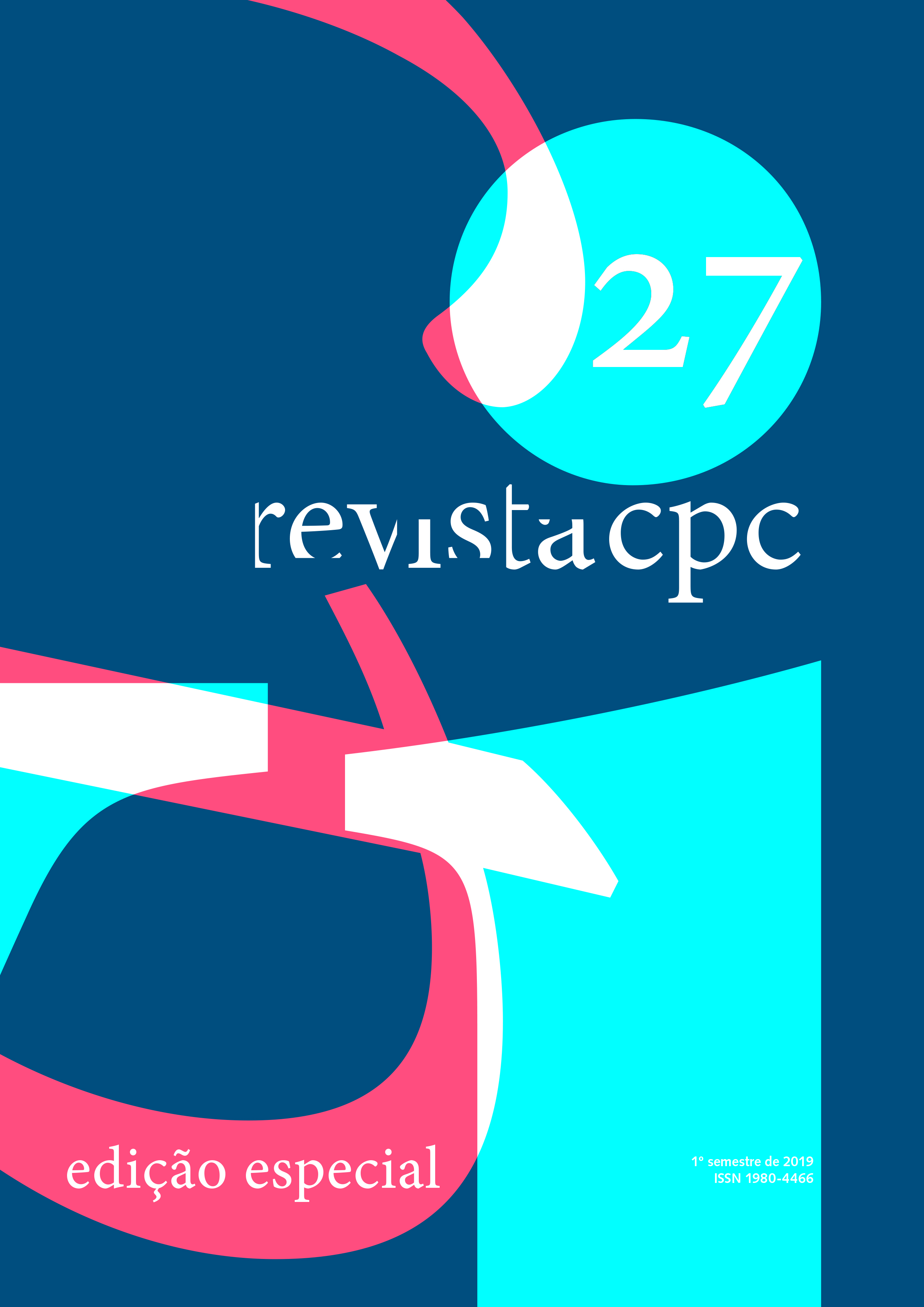The Brazilian Monument Ruinas Engenho São Jorge dos Erasmos: heritage and envoiremental as a key to education
DOI:
https://doi.org/10.11606/issn.1980-4466.v14i27espp280-299Keywords:
Sugar mills, Archaeological heritage, Envoiremental educationAbstract
The qualified use of cultural goods and their consequent preservation constitute major challenges for governments and communities at the beginning of this century. Cultural strategies to safeguard heritage have been increasingly challenged by the plural games of a new historical perspective. In our days, the systematic reconstitution of the lifestyles of previous ages through spaces and social exchanges turns the field of memory into the preferential theater of an objective search for knowledge. The ruins of
Engenho São Jorge dos Erasmos, a Brazilian monument of crucial importance, currently categorized as an open-air university museum, constitutes a unique architectural complex in national territory. Moreover, the ruins have become a differentiated heritage in the last decade, covering multiple fields of knowledge. The remnants of the old mill are in a privileged place, as well protected in the federal (1963), state (1974) and municipal (1990) instances. This article discusses the educational actions conducted over the last 15 years in this space and indicates the projects that have helped to consolidate its pedagogical capabilities.
Downloads
Downloads
Published
Issue
Section
License
- Os autores mantêm os direitos autorais e concedem à revista o direito de primeira publicação, com o trabalho simultaneamente licenciado sob a Licença Creative Commons Attribution que permite o compartilhamento do trabalho com reconhecimento da autoria e publicação inicial nesta revista.
- Os autores têm autorização para assumir contratos adicionais separadamente, para distribuição não exclusiva da versão do trabalho publicada nesta revista (ex.: publicar em repositório institucional ou como capítulo de livro), com reconhecimento de autoria e publicação inicial nesta revista.
- Os autores têm permissão e são estimulados a publicar e distribuir seu trabalho on-line (ex.: em repositórios institucionais ou na sua página pessoal) a qualquer ponto antes ou durante o processo editorial, já que isso pode gerar alterações produtivas, bem como aumentar o impacto e a citação do trabalho publicado (Veja O Efeito do Acesso Livre).








